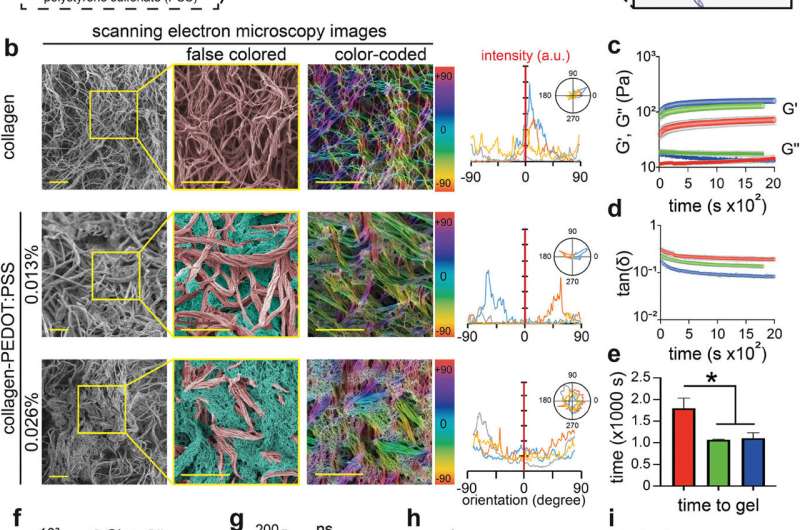The most effective treatment currently available—a pacemaker—stops cardiac arrhythmias. However, it cannot prevent them from reoccurring. Researchers at Friedrich-Alexander-Universität Erlangen-Nürnberg (FAU) and the University of Bonn have developed a gel that should do precisely that.
Heart attacks remain life-threatening even after the actual attack has passed
A heart attack is not only an acutely life-threatening condition, it also entails severe long-term health risks. Why is this the case?
“The problem is the scars that result from a heart attack. Unlike healthy tissue, they disrupt electrical signals, thereby preventing the cardiac muscle cells from communicating effectively with each other and beating in rhythm,” explains Felix B. Engel, Professor of Experimental Renal and Cardiovascular Research at FAU and at Uniklinikum Erlangen.

